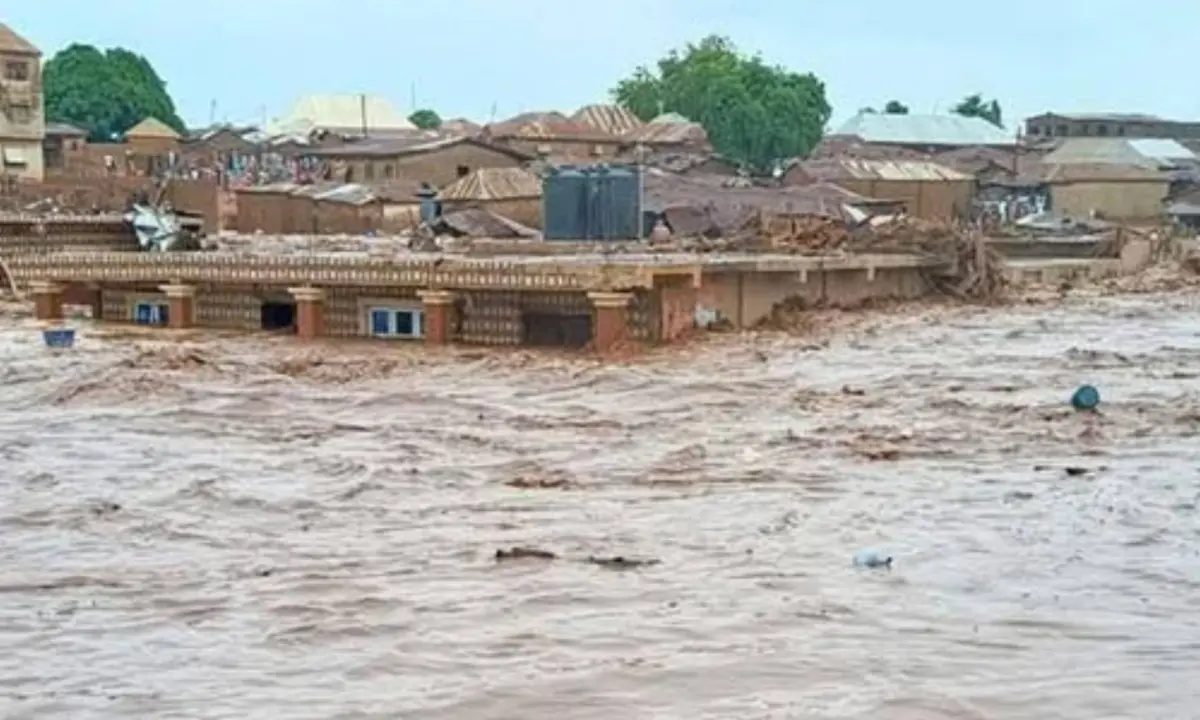The Health of Mother Earth Foundation (HOMEF) has called on the Nigerian government to declare an environmental state of emergency following the devastating flood that recently struck Mokwa in Niger State.
In a statement issued by HOMEF's Executive Director, Dr. Nnimmo Bassey, the environmental justice organization expressed deep sympathy for families affected by the disaster while emphasizing the need for proactive measures to prevent similar occurrences in the future.
Urgent Call for Action
Dr. Bassey described the recurring flood incidents as a "horrendous recurring decimal" and criticized the country's lack of preparedness and poorly maintained infrastructure. He warned that communities in flood-prone areas should consider relocating if substantial preventive measures are not implemented.
"There is no word to describe our lack of preparedness and our ill-maintained infrastructure, combined with insecurity and the fact that more rain is expected, the displacement problems will be compounded," Dr. Bassey stated.
Potential National Impact
HOMEF warned that the flood disaster could have far-reaching consequences for Nigeria's national well-being, potentially leading to food scarcity, environmental degradation, mass displacement, increased poverty, water-borne diseases, and worsened insecurity.
The organization emphasized that there is no time for excuses in the face of such a tragic incident, especially considering Nigeria's history with devastating floods.
History of Flooding in Nigeria
Dr. Bassey highlighted Nigeria's troubling history with floods, noting that in 2012, 33 out of 36 states were affected by flooding that displaced over 2 million people and caused more than 400 deaths.
In 2018, the Benue and Niger rivers overflowed due to heavy rainfall, causing flooding in 12 states, including Niger State. Four years later, in 2022, another severe flood killed over 600 individuals and displaced more than 2 million others.
Criticism of Early Warning Systems
The HOMEF Executive Director expressed disappointment with the current early warning systems, including those from the National Emergency Management Agency (NEMA). He noted that such warnings are meaningless without provisions to relocate people to safer, higher ground.
As the death toll from the Mokwa flood continues to rise, with reports indicating that over 200 lives have been lost, there are growing concerns about the government's disaster preparedness and response capabilities.
The disaster has also raised concerns about potential fuel scarcity in Abuja and Northern Nigeria, as the affected area is a crucial transportation route for petroleum products.













